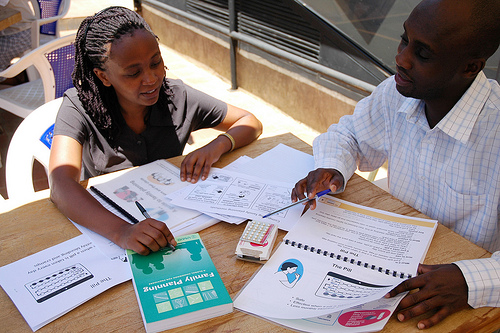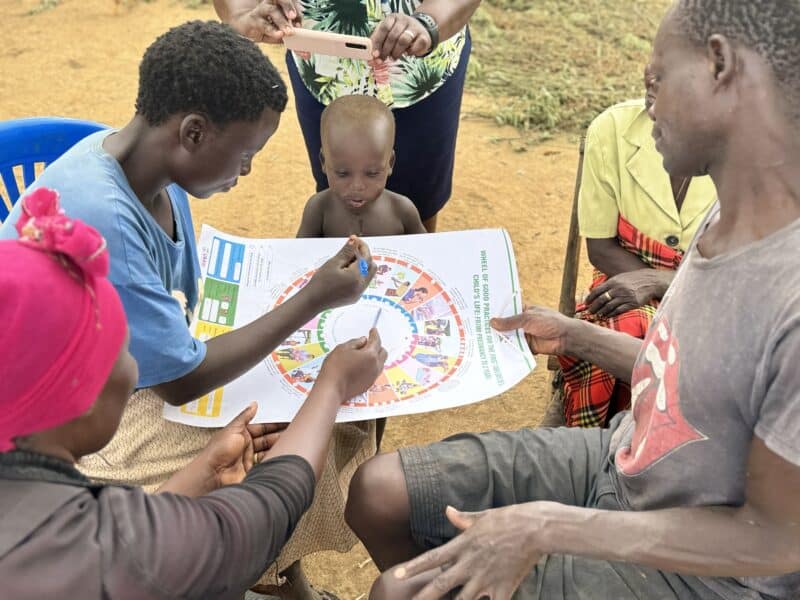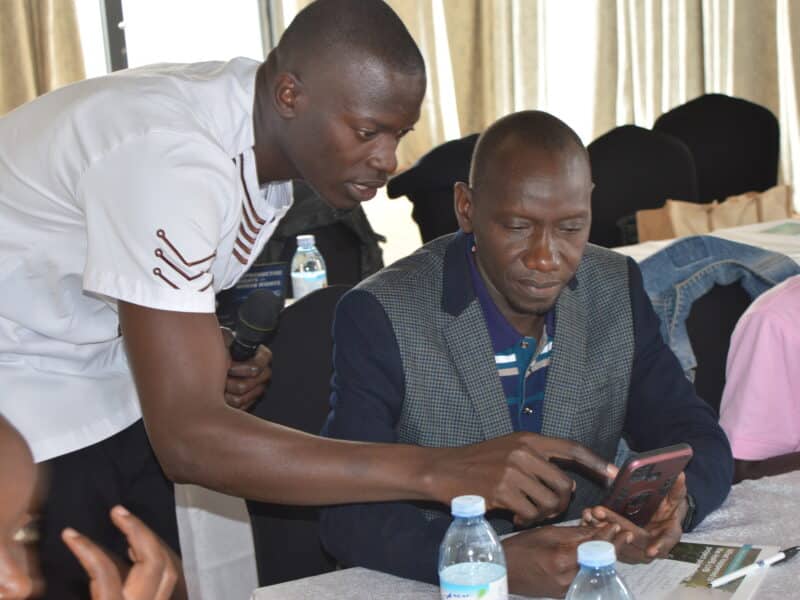The newest edition of Family Planning: A Global Handbook for Providers – considered the essential family planning resource for health care professionals around the world – is being released online today.
Written in plain terms and organized for quick review, the Global Handbook was developed by hundreds of public health practitioners and scientists as an up-to-date and comprehensive source of evidence-based guidance on contraceptive methods and related health care in low- and middle-income countries.
With more than 500,000 copies distributed in 13 languages since the first edition appeared in 2006, this third edition is being published jointly by the Johns Hopkins Center for Communication Programs and the World Health Organization (WHO), with support from the United States Agency for International Development (USAID) and its Knowledge for Health (K4Health) Project.
“This handbook provides basic information that providers need to assist women and couples to choose, use and change family planning methods as they move through their lives,” says Ellen Starbird, director of USAID’s Office of Population and Reproductive Health.
When families use modern contraception, they are empowered to determine the number and spacing of their children, reducing deaths and improving the health of both mothers and their babies. Promoting family planning – and ensuring access to preferred contraceptive methods for women and couples – is essential to securing the well-being and autonomy of women, while supporting the health and development of communities. Yet, in some countries, the use of contraception is still considered taboo.
“Women’s health services are delivered by a wide range of clinical and community health professionals, some of whom may have limited training in family planning counseling and care,” says Tara Sullivan, director of CCP’s Knowledge Management Unit and project director for K4Health. “By publishing the Global Handbook, we’re helping health care providers ensure that every woman receives informed counseling reflective of the latest information on available contraceptive methods.”
The online edition has been completely redesigned based on years of feedback and includes more intuitive navigation, a display that is more responsive to more types of mobile devices and improved graphic design for easier reading. It also includes updated information about available and new contraceptive methods, including a new low-dose version of the injectable Depo-Provera, which women may be able to inject themselves, and the new progesterone-releasing vaginal ring for breastfeeding women.
Other updates include:
- New recommendations from WHO, including guidance on topics such as intimate partner violence, task sharing, and serving clients with disabilities.
- A new section on how family planning providers should respect, protect, and fulfill the human rights of their clients.
- New job aids on whether to use the pregnancy checklist or a pregnancy test, and on counseling women who want progestin-only injectable contraceptives where HIV risk is high.
To order a printed copy of the handbook and an accompanying wall chart, visit fphandbook.org. It is currently in English, but there are plans to translate the latest edition into Bahasa, French and Spanish this summer.





